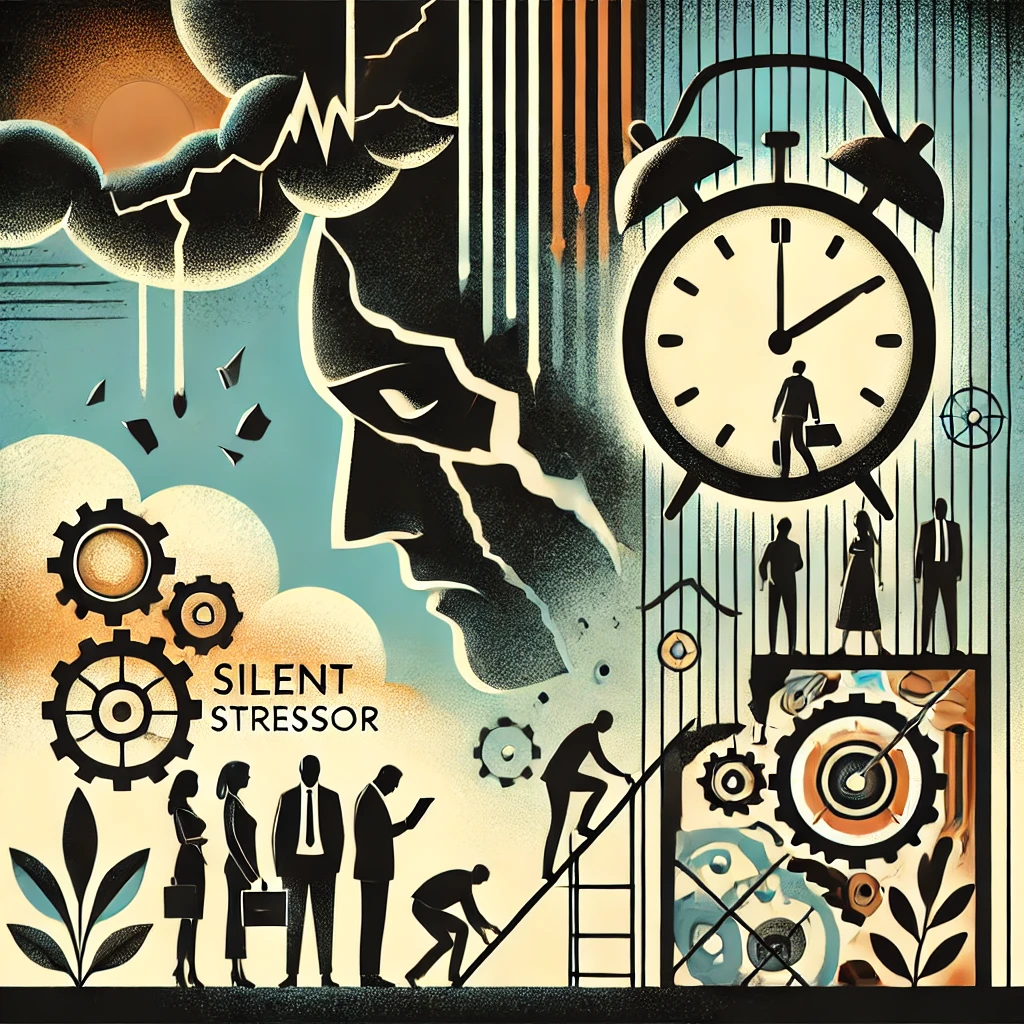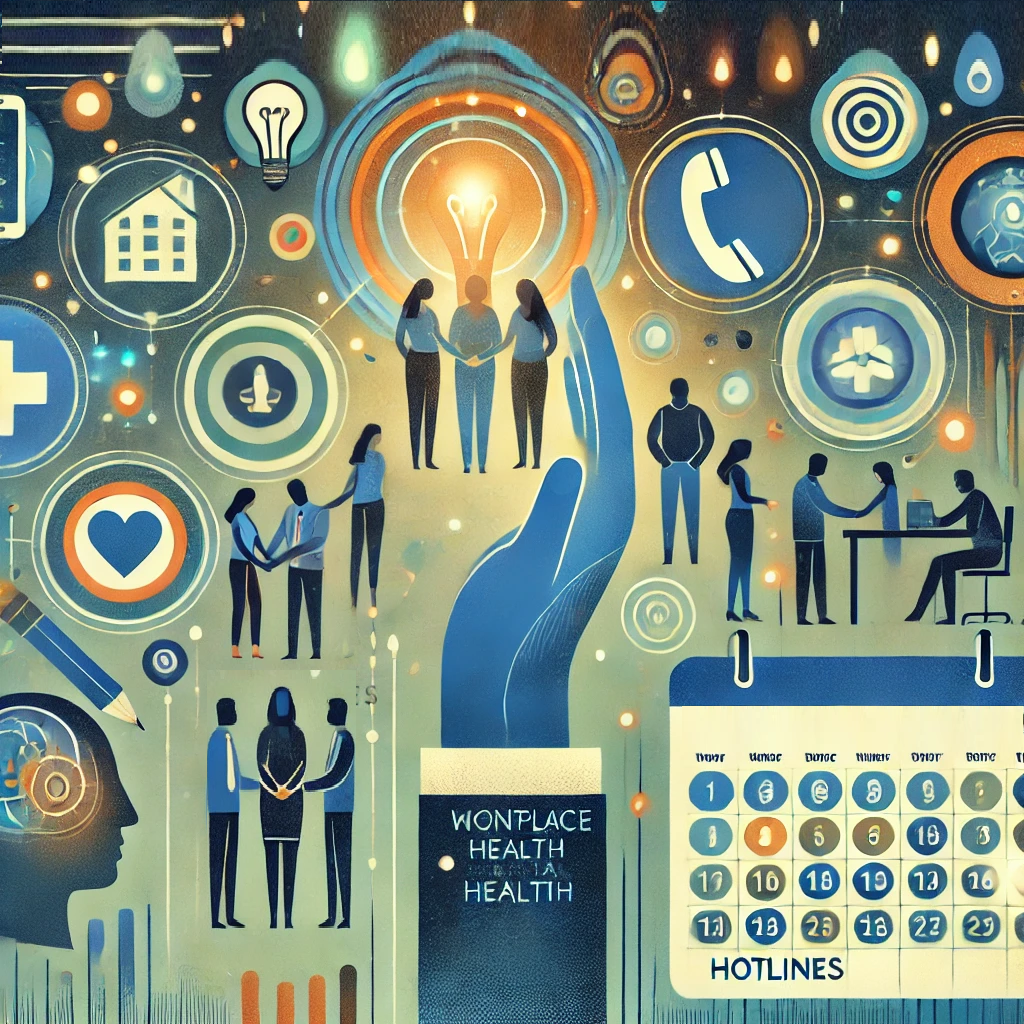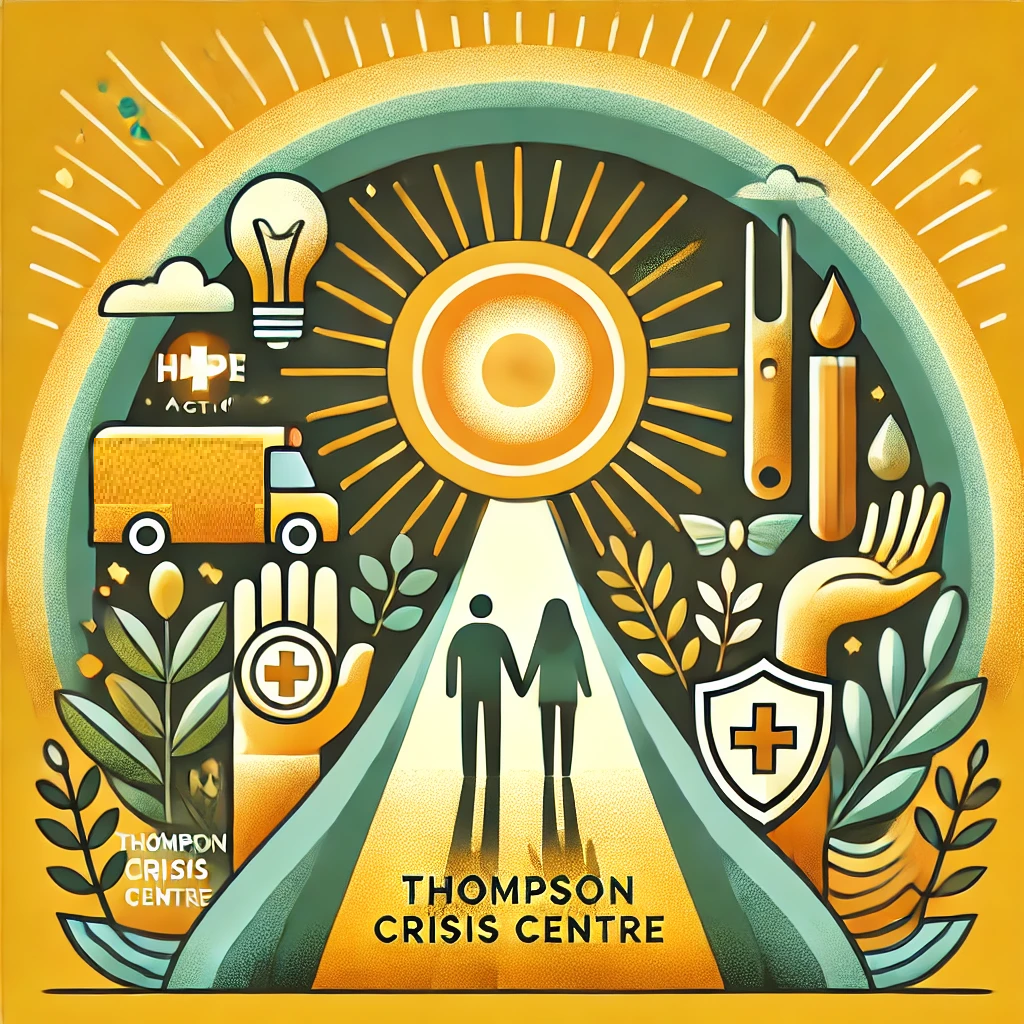
Global Mental Health Crisis at Work: WHO & ILO Data Reveal Shocking Costs & Actionable Solutions
When you picture the far-reaching effects of the global mental health crisis, it’s no longer confined to hospital waiting rooms or private therapy sessions. According to a joint study by the World Health Organization (WHO) and the International Labour Organization (ILO), depression and anxiety lead to a staggering loss of approximately 12 billion working days each year. This isn’t just about projects delayed or meetings canceled—it’s about human lives quietly strained under immense pressure, and economies around the world paying the price.
The True Economic Toll: Over $1 Trillion Lost Annually

At first glance, statistics like a $1 trillion annual loss might feel abstract. But consider what it represents: missed deadlines, stalled innovations, and more importantly, the emotional cost borne by employees. Even before the world entered the COVID-19 era, these numbers were unsettling. However, the pandemic supercharged existing issues. Between 2020 and 2021, global depression rates surged by 25%. Each new case signifies someone’s personal struggle—an employee losing focus due to unresolved anxiety, a manager feeling burned out and disconnected, or a new hire who started remote work under constant stress and isolation.
These are not isolated incidents. They stretch across continents, time zones, and industries, painting a vivid picture of a workforce under duress. From tech startups to long-established manufacturing firms, everyone feels the reverberations of this crisis.
Examining Workplace Culture: The Silent Stressor

While economic downturns and global health emergencies grab headlines, the often overlooked factor is workplace culture. Traditional work environments still champion “always-on” mentalities and reward those who quietly shoulder ever-increasing workloads. This approach can push employees beyond healthy limits, turning what should be thriving professional communities into pressure cookers.
In a setting where any sign of struggling might be perceived as weakness, employees learn to suppress their feelings. Over time, this leads to burnout, reduced performance, and even job attrition. To break this cycle, organizations must rethink how they structure roles, communicate expectations, and acknowledge the complexities of mental health in professional spaces.
Paths to a Healthier Work Environment
Fortunately, change is possible—and increasingly, it’s being demanded by both employees and forward-looking leaders. This can manifest in several ways:
- Flexible Work Arrangements:
Offering remote or hybrid work options can ease stress, reduce commuting times, and improve work-life balance. - Support Systems and EAPs:
Employee Assistance Programs (EAPs) and counseling services available during work hours make professional help more accessible. Over time, a supportive infrastructure fosters trust and encourages seeking help before problems escalate. - Training Leaders and Managers:
When managers recognize early signs of burnout and openly communicate about mental health, they create an environment where employees feel safe expressing their struggles. This proactive stance can stem issues before they grow unmanageable. - Internal Resources and Knowledge Hubs:
Consider providing an internal resource library or a “Mental Health at Work” knowledge hub. For example, if you have related articles—such as “Supporting Remote Teams Through Mental Health Initiatives”—linking them offers employees a deeper dive, encouraging ongoing learning and engagement.
Leveraging Preventative Measures and External Expertise

Beyond cultural shifts, organizations should look to external resources. Mental health professionals can offer workshops, confidential hotlines, and personalized strategies to cope with stress. By framing mental health care as an ongoing necessity rather than a last-minute intervention, we move closer to preventing crises instead of merely reacting to them.
Taking the Next Step: Thompson Crisis Centre

As we grapple with a global mental health crisis that disrupts not only our workplaces but our entire way of life, the path to improvement lies in understanding, action, and support. For those seeking compassionate, tailored assistance or resources to navigate mental health challenges, the Thompson Crisis Centre stands ready. Through their expertise, tools, and guidance, individuals and organizations alike can move towards healthier, more sustainable work environments and a more hopeful future.








